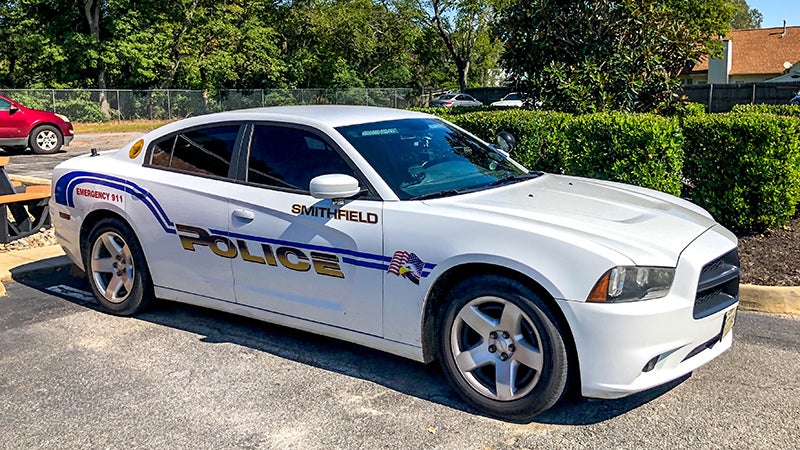New regional trash pact could save IW $1 million a year
Published 3:31 pm Wednesday, February 10, 2016
By Diana McFarland
News editorIsle of Wight County could potentially save about $1 million a year in tipping fees if it remains with the Southeastern Public Service Authority.
The Authority is set to expire in January 2018, but officials have been negotiating new conditions for the eight member localities as a way to continue the operation, said Isle of Wight County attorney Mark Popovich Thursday during a special Isle of Wight County Board of Supervisors meeting.
Currently, the member localities, which include Isle of Wight, pay $125 per ton in tipping fees, and Isle of Wight averages about 17,000 to 18,000 tons of solid waste a year. {mprestriction ids=”1,2,3,4,5,6″}
If SPSA’s debt repayment goes as planned — with the target being no debt as of January 2018 — the tipping fee could fall to $55 – $65 per ton, Popovich said.
Board Chairman Rex Alphin said that scenario — which would provide significant savings for the county — has been factored into the county’s own debt repayment plan, which is scheduled to increase from $8.5 million in fiscal 2016 to $11 million in fiscal 2019.
However, SPSA cannot provide an exact number for the tipping fee because it is still evaluating vendor options and is still in negotiations with the city of Suffolk to develop a standard host fee agreement, due to the landfill being located within city limits, Popovich said.
Some of the proposed revisions to the member agreements include a ban on SPSA importing out-of-state waste, avenues to avoid litigation if a dispute arises, a shorter term of 15 versus 30 years and a termination provision for individual localities.
SPSA was formed in 1975 as a regional solution to solid waste disposal for the cities of Virginia Beach, Norfolk, Chesapeake, Portsmouth, Suffolk and Franklin, as well as Isle of Wight and Southampton counties. In 1982 a landfill was built in Suffolk and later, a refuse-derived fuel facility and power plants in Portsmouth.
However, a flawed business model and financial crisis led to the General Assembly changing how the Authority was governed in 2008, and in 2009, it restructured its debt. The General Assembly also resolved that SPSA would dissolve in 2018.
Since then, Isle of Wight has had to consider what it plans to do when that date arrives — stay with SPSA, if it plans to continue — or work out another arrangement for disposal of its solid waste. {/mprestriction}





